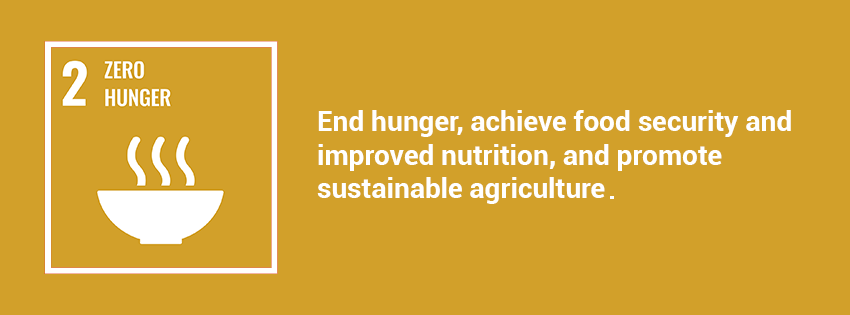
Zero Hunger: A Holistic Approach to Address Hunger and Malnutrition
Achieving the goal of ending hunger and malnutrition requires a multifaceted strategy focused on food security, sustainable agriculture, and improved nutrition. This approach seeks to ensure access to nutritious food, promote sustainable agricultural practices, and address the root causes of hunger.
Key Initiatives and Strategies
Food Distribution and Access Programs
OSTIM Technical University has developed food distribution networks to provide vulnerable populations with access to nutritious food. These networks include food banks, community kitchens, and mobile food markets, particularly in rural and underserved urban areas. By reducing food deserts and improving access to fresh produce, these initiatives address critical gaps in food security.
Social Protection for Food Security
The university enhances food security through expanded social protection programs such as food vouchers, cash transfers, and school feeding initiatives. These programs are strategically linked to local agricultural production, benefiting farmers and reducing reliance on food imports.
Urban Agriculture Initiatives
To increase local food production in cities, OSTIM Technical University supports urban agriculture projects, including community gardens, rooftop farming, and vertical farming. By providing training, resources, and space, the university empowers urban residents to grow their own food, enhancing food security and minimizing the environmental impact of transporting food.
Nutrition Education and Awareness
OSTIM Technical University implements nutrition education programs in schools and communities, promoting healthy eating habits and raising awareness about the risks of malnutrition. Collaborations with healthcare providers, educators, and media ensure a comprehensive approach to encouraging balanced diets.
These policies aim to build a food system that is resilient, equitable, and sustainable, addressing immediate needs while fostering long-term agricultural development.
Contributions Toward Zero Hunger by 2030
OSTIM Technical University is committed to ending hunger by 2030, ensuring year-round access to safe, nutritious, and sufficient food for students, staff, and workers in the OSTIM Organized Industrial Region. Special attention is given to supporting vulnerable populations within the university and surrounding community.
Collaborative Initiatives: ‘Lentil Soup and Bun in the Morning’
In partnership with the Ankara Metropolitan Municipality, the university contributes to Sustainable Development Goal 2 (Zero Hunger) through its "Lentil Soup and Bun in the Morning" initiative. This program offers complimentary breakfasts of lentil soup and a bun to university students every weekday morning during active academic semesters, from 7:00 to 8:00 AM.
The initiative addresses students' nutritional needs while reducing financial burdens, ensuring they begin their day with adequate sustenance. Beyond the campus, the program extends to all employees in the OSTIM Organized Industrial Region, fostering community solidarity and promoting equitable access to nutrition.
By focusing on immediate food security needs and long-term sustainability, OSTIM Technical University is creating a food system that supports the growing global population while being resilient, equitable, and sustainable. These efforts underscore the university’s dedication to achieving Zero Hunger by 2030 and advancing the broader goals of sustainable development.